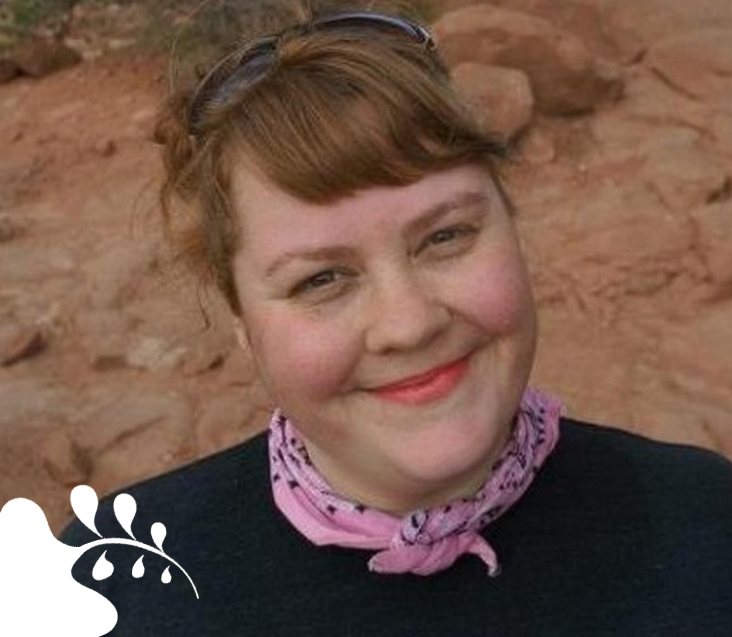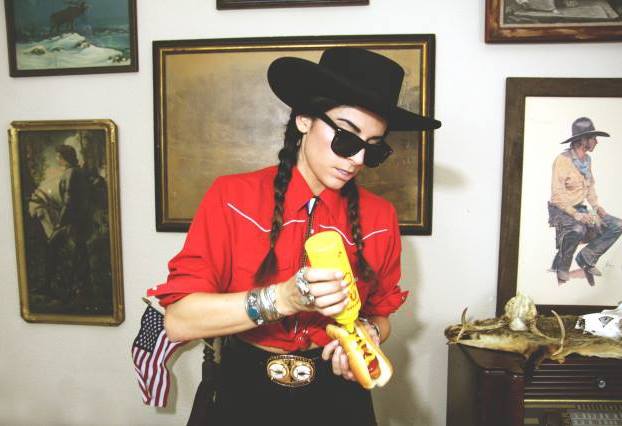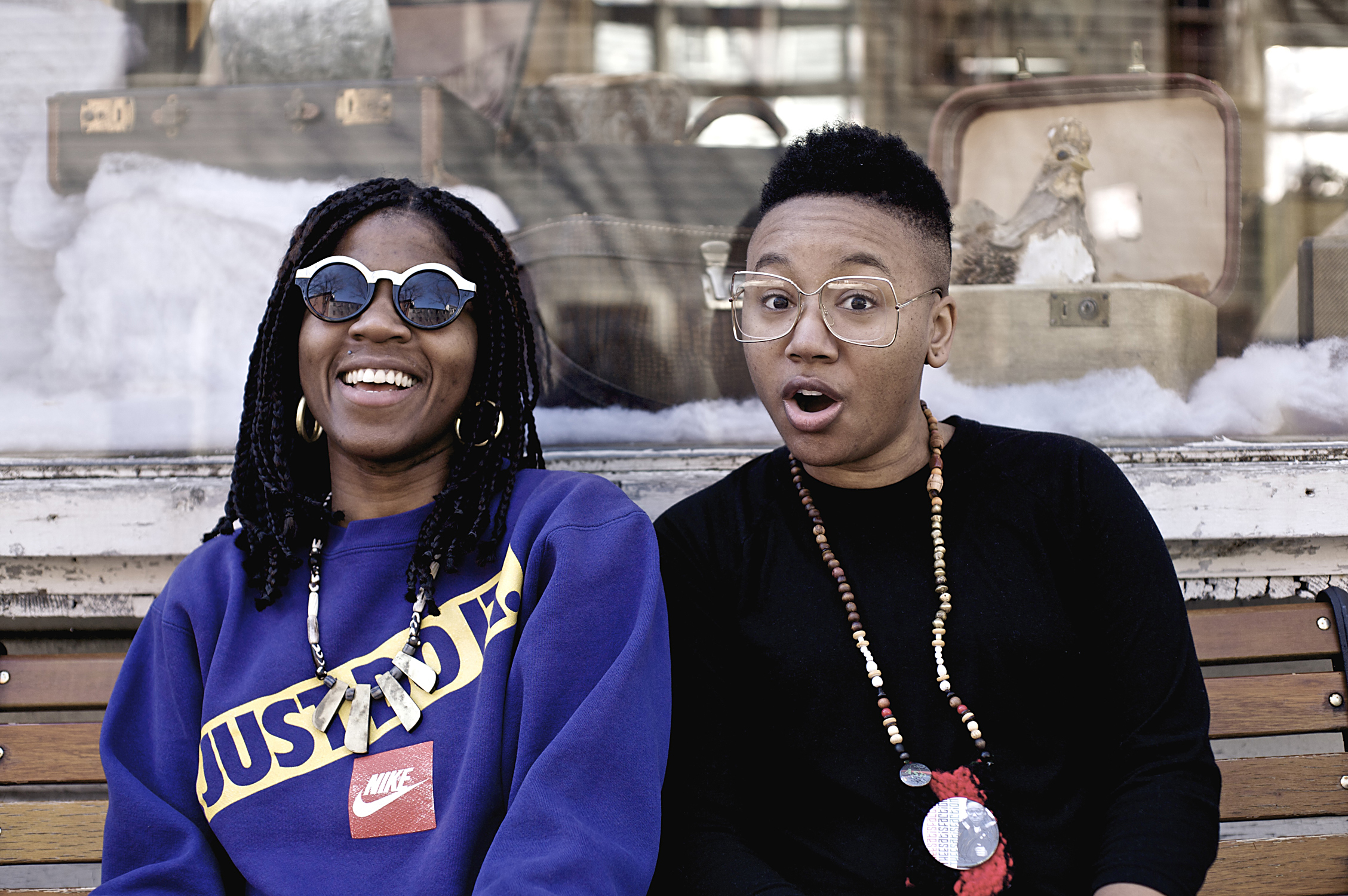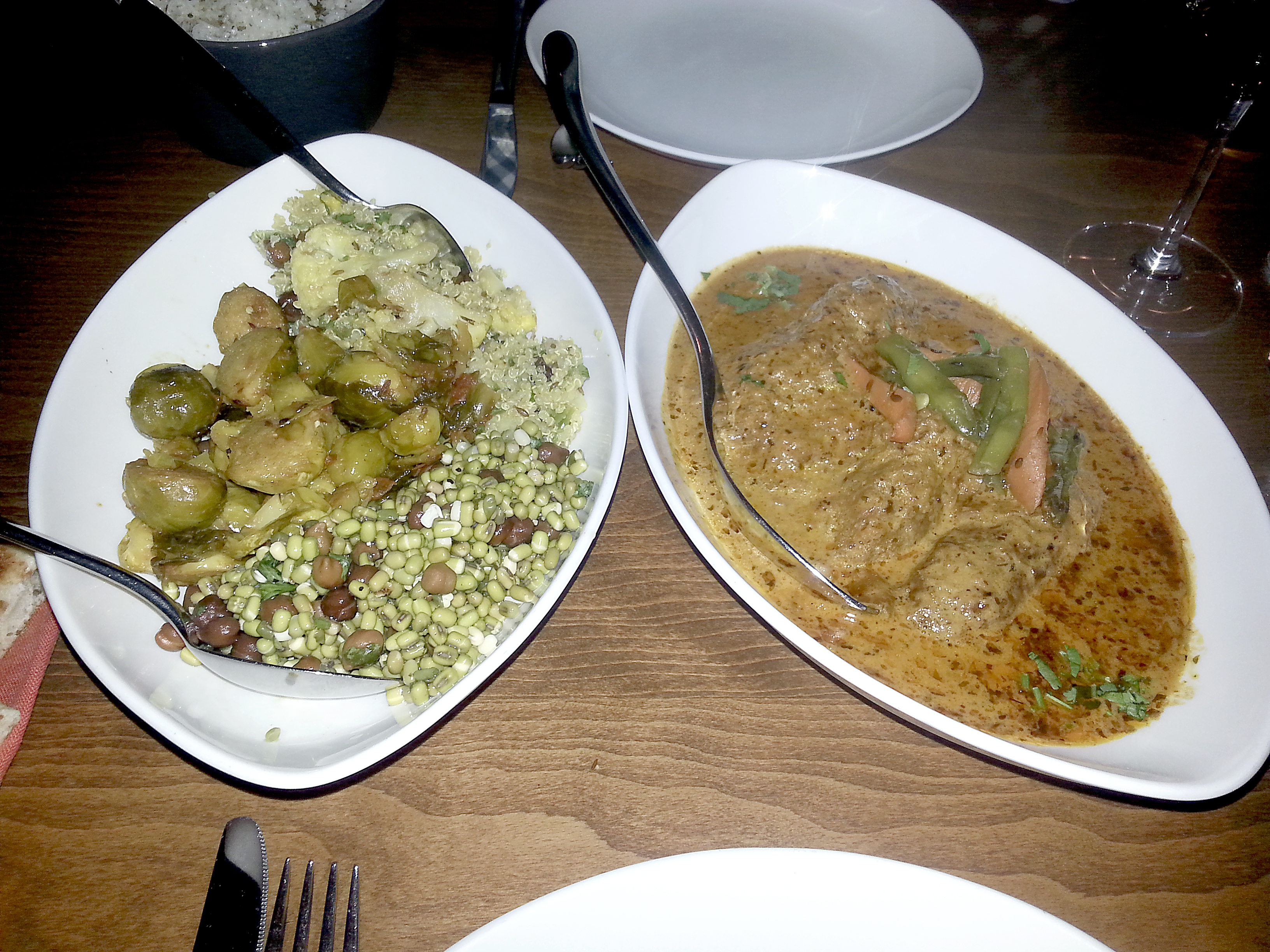My boyfriend and I are sitting an arm’s reach from table 1, the legendary banquette where renowned restaurateur Peter Canlis used to conduct business during dinner service. The rotary phone he used while running his eponymous restaurant hasn’t moved from the neighboring ledge—it still works, too.
In this house, so attuned to the rhythms of tradition and history, I’m about to be served from a chef’s tasting menu that costs $105 per person. That price tag might normally be reserved for a meal of caviar, lobster, and Wagyu beef, but the plates I’ll soon be devouring are fruit, vegetable, and legume-based.
After a small amuse-bouche, a simple corn puree starts the meal, a rich, bisque-style soup dotted with an espelette-pepper oil for a good touch of heat. A beet course comes next, with goat curd and raspberries. A clean carrot and pickled-radish salad follows; then pastry-wrapped asparagus, chanterelles, and caramelized onion; then a broccoli, white Cheddar, and ramps raviolo. After that, an embarrassing abundance of desserts: a strawberry granita-style palate cleanser; an apple tarte tatin with green apple sorbet and hazelnut; our choice of housemade macarons; and a take-home raspberry-chamomile chocolate bar.
The meal, with an accompanying wine flight, tax, and tip, was the most expensive I’ve ever paid for. While cost is by no means the measure of a great dinner, the elevation of plant-based cuisine into the fine-dining stratosphere is a measure of something else: The once-humble vegetarian diet, long relegated to the ranks of granola-eating hippies and bearded professors, has hit the big time.
Yet beyond Canlis’ nearly untouchable brand of service, in Seattle there has existed—and continues to thrive—rich, fertile ground for vegetable-based options for every kind of eater, from gluten-free and vegan to the curious omnivore. There’s Plum or St. Dames for comfort food, Sutra for more high-minded fare. Raw restaurants like Thrive, Pure, and Chaco Canyon; Silence-Heart-Nest for ’70s home-style. Organic cuisine reigns at Tilth; it’s seasonal and rustic at Cafe Flora. There’s upscale Indian at Poppy, all-vegetarian at Pabla or Traveler’s. Great bar food at Georgetown Liquor Company and the Neighbor Lady. Jhanjay or Wedgewood for Thai, Blossom for Vietnamese—the list goes on and on, and continues to grow.
Veggie Grill—the SoCal-based vegan fast-food chain and possible inspiration for the SNL “Veganville” sketch featuring Justin Timberlake—opened its third Seattle location this month. Vegan maven Makini Howell’s Plum brand continues to expand (the chef has prepared dinner for the likes of Mayor Mike McGinn, Ben Affleck, and India.Arie, and just started a food truck). Urban boutique-tour company Metropologie recently launched a vegetarian and vegan culinary tour of the city. Even Seattle native son Mario Batali is a proud champion of Meatless Mondays, citing in his syndicated column that meat is an “overused” ingredient.
All that—in addition to the fact that Canlis, the pinnacle of fine dining in Seattle, recently began offering its seven-course vegan tasting menu alongside its standing vegetarian one—is a sign that Seattle is in the front lines of what Bon Appetit has called the “vegetable revolution.”
The Emerald City, unlike other food-obsessed towns like New York City and Chicago, is perhaps better-positioned for a plant-based movement to take root and flourish—much like the sprawling mint in many a pea patch—for a number of reasons: We claim a near-year-round growing season that’s offset in winter months by wonderfully fresh produce from nearby California and British Columbia. In addition to this abundant regional pantry, our famously polite urban culture would balk at bringing an unsolicited opinion about the latest restaurant concept to the table—perish the thought. In other words, here there is no stigma to being a health-conscious, earth-friendly eater—or restaurateur.
The case for a plant-based diet, however, is historically a prickly one. Famous chefs are notoriously hard on the idea. Gordon Ramsey is reported as saying he’d electrocute his child if one ever said, “Dad, I’m a vegetarian,” and Anthony Bourdain wrote in his book Kitchen Confidential that “Vegetarians . . . are the enemy of everything good and decent in the human spirit.”
There are stereotypes attached to the diet (see: “self-righteous hippie”); and vegetarians and vegans, in Bourdain’s view, make “bad dinner guests.” But here in Seattle, you’re more likely to be shunned for not offering your guests vegetarian dishes—damn good ones at that.
With Maria Hines (of Golden Beetle, Agrodulce, and Tilth, where vegan and vegetarian tasting menus are also offered) leading the organic charge and Howell dominating the vegan scene, it’s arguable, too, that we made eating green not just palatable but downright “sexy.”
Canlis executive chef Jason Franey thinks so. Speaking over the phone, he offers his impressions of Seattle’s vegetarian scene, and tells me “It’s great, the technique is top notch here. Matt Dillon does great things with vegetables, and so does Ethan Stowell. Just in the last five years, things have changed so much with talent, the food, and chefs. And we were definitely on the ‘local’ train way before every other city.”
Franey, a 2012 finalist for the James Beard Best Chef: Northwest award, recently attended a “food salon” hosted by Hines. There, local chefs discussed various issues in the culinary world, including dining trends and food advocacy. He says there were “tons of conversations about how to support local farms and incorporate hormone-free ingredients, and a lot of talk about where food is going . . . and the food in the school system. Some kids don’t even know what squash is,” he says. “We started to discuss how to get more fresh, healthy, chef-driven foods into schools.” (A similar initiative is already in place in all L.A. public schools, where cafeterias now go meatless on Mondays. The rule is not enforced with brown-baggers, however.)
A trend Franey says he has observed at Canlis is a rise in demand for vegan fare. “We were getting more and more requests for vegan tasting menus,” he says. “We have at least four things on the menu that are always vegetarian, but there are so many more allergies and dietary restrictions these days.”
“I think veganism is a lot more popular now,” he says. “There’s so many books about all these diets, there’s more education about food nowadays.”
Franey says he approaches vegetable-based cooking as a unique challenge. “There’s a wide variety of things you can do. The sky’s the limit. I love being creative with vegetables.”
On one recent night, the chef estimates, six to eight of the 32 tasting menus he prepared were vegetarian.
Across town at Plum, the dining is less formal, but it’s 100 percent vegan. According to owner Makini Howell, the bustling bistro has 50 seats and serves on average 100–120 guests a night.
When she opened the vegan restaurant in 2009, she says people advised her to “have fish or cheese on the menu,” but she decided against it. “You really have to stick with your passion,” says Howell, who was raised vegan.
“I was lucky enough to grow up completely vegan and organic with two entrepreneurial, truly progressive parents,” she writes in her new cookbook Plum: Gratifying Vegan Dishes from Seattle’s Plum Bistro. “My folks fed us a completely plant-based diet that gave me the blueprint for Plum, for this book, and for the expansion of our green sustainable, plant-based business . . . Long before ‘locavorism’ was a concept, [my mother, Niombi] taught us how to farm in a backyard pea patch, and my folks created sauces and seasoning mixes that would be the foundation for a new way of experiencing the plant world.”
Howell recently returned from a cookbook tour. Nine of its 16 stops sold out. “I honestly didn’t know what to expect, but I was really happy with the turnout,” says Howell, who discussed the book and cheffed at the events. In L.A. she did a Plum “pop-up” at a restaurant called No Vacancy in Hollywood, with Casey Affleck and NBA player John Salley among her guests.
Here in Seattle, Howell enjoys being the face of the “new vegan normal,” and says Wayward Vegan Cafe and Chaco Canyon are among her favorite spots to visit. “Seattle is a great place to be vegan,” she says.
A corned-beef sandwich would be sensational, or one of those big, fat frankfurters, you know, with the mustard,” Woody Allen said in a recent interview in Esquire. “But I don’t eat any of that stuff. I haven’t had a frankfurter in, I would say, 45 years.”
It was an off-the-cuff statement in a casual interview that didn’t cause much fuss. In Hollywood, Woody Allen is just another vegetarian. California is where, it’s rumored, the veggie burger was invented (by a surfer, no less). Vegan restaurants there are “the new normal,” reported a 2012 New York Times story. And among the celebrity set, countless high-profile personalities like Ellen DeGeneres, Alec Baldwin, and Natalie Portman are famously vocal about their plant-based diets.
Anika Lehde, who runs the Seattle-based blog Vegan Score, says that’s part of the reason why interest in a plant-based diet is picking up. “President Clinton, Ellen, Joaquin Phoenix—everybody is vegan nowadays,” she says over coffee at a downtown cafe. “Celebrity advocacy, the Internet, and social media,” she says, are causing the lifestyle to gain traction.
Because of the abundance of great vegan and vegetarian fare here in Seattle, she says, more omnivorous eaters are willing to take risks and sample the cuisine. And the whole pork-belly and bacon craze is arguably quick on the downturn: Diners are craving fresher, lighter foods that don’t having them reaching for the Pepto—or a pillow and a nap.
“I mean, you have to wait an hour, on a Wednesday, for a table at Plum,” she says. “What’s up with that?”
Lehde, a co-founder of global-marketing consulting firm Projectline, was at first a reluctant vegetarian. “You wouldn’t believe it now,” she says, “but I was one of those people that knocked the lifestyle.” The reason she went veg, she explains, had a lot to do with the Pacific Northwest’s DIY punk and hardcore scene. “I would go to shows and there would be leaflets, animal-rights literature, and vegan potlucks,” she says. For Lehde, the information was hard to ignore, and she’s been meat-free for more than 20 years.
She points to institutionalized animal-rights abuses, and information about carbon emissions from livestock production that exceed those of the transportation industry—a widely reported statistic, corroborated by the UN’s Food and Agricultural Organization. Its most recent study reports, “Greenhouse-gas emissions from agriculture, including crop and livestock production . . . are responsible for a significant fraction of human-induced emission—up to 30 percent globally.” As a Time article puts it, “a 16 oz. T-bone is like a Hummer on a plate.”
“With all this access to information,” Lehde says, “the evidence is overwhelming. There’s research that says the number of searches for the word ‘vegan’ online has grown exponentially over the years. Something is happening; it’s the start of something mainstream.”
In Lehde’s personal experience, that something is evident when she considers the feedback from her followers. Through its social-media presence, veganscore.com, which began as a Twitter account in 2008, has gained more than 2,000 Facebook likes and 7,000 Twitter followers. “Every now and then I’ll post something about animal rights or activism and think, ‘OK, this is it. This is the time when I’m going to get the hate mail. This is the time they’ll think I’m too pushy, too vegan-centric.’ ” In the time since she started her site, says Lehde, “I’ve never received one negative comment.”
She admits that Seattle is a great town for vegetarians, and makes the lifestyle easy and attractive. “Even the food trucks here have at least one option for vegans. You could take all the vegetarian restaurants out of Seattle, and you still won’t have a hard time finding a great meal anywhere.”
Of note, then, is the closing of Carmelita, one of Seattle’s longest-standing and most beloved vegetarian restaurants, which will shutter this weekend after nearly 17 years. When Carmelita co-owner Kathryn Neumann posted the news on the restaurant’s Facebook page back in June, she told Seattle Weekly, “Some of my regulars told me they cried when they read it” (“Don’t Cry for Me, Carmelita,” June 26).
“It’s just time. We’re a small restaurant, and we don’t have investors like a lot of restaurants these days,” Neumann says. “The reality of it is that the margins are slim in a restaurant to begin with . . . it’s hard to stay in it for that long a period.”
Yet perhaps this too is a sign that plant-based cuisine has infiltrated the mainstream: Vegetarians in Seattle no longer need a place to go, because they can go anywhere. “I don’t think it [interest in vegetarian cuisine] has waned at all,” Neumann says. “More and more people are eating vegetarian and incorporating meatless meals when they dine out. There are so many places that have opened up, and really nice options for people who are vegan and vegetarian. It’s easier to be vegetarian or vegan in Seattle now more than ever before.”
Nat Stratton-Clarke, owner of Cafe Flora, agrees. He points to the quality of vegetarian food available at many omnivorous restaurants.
“Poppy is one of my favorites—they have great vegetarian food and great vegan food,” he says. “La Medusa does a great job—their food is so fresh and seasonal. There’s great Korean food at Kimchi Bistro, amazing vegetarian pho. Seattle is a great place for vegetarians and vegans—there’s so many options.”
Though he says his 21-year-old restaurant would “never incorporate meat on our menu, adapting with the times and responding to the needs of your guests, whether it’s to add more gluten-free or vegan options” is the best way to stay current on the dining landscape. Which is no problem for Flora, he adds, as trends are moving in that direction anyway. “So much food is vegetarian already,” Stratton says, “and we celebrate that here.”
I probe Michael Natkin, a 12-year Adobe software engineer turned food blogger, for his observations. Natkin runs the vegetarian blog Herbivoracious and joins the chorus: It’s easy to enjoy a plant-based diet in Seattle. “Things have changed from when you’d go into a place and the chefs would have to figure something out at the last minute,” he says. “Now almost every restaurant has at least one vegetarian entree. People are trying harder with these items on their menu, and it’s not just an afterthought.”
Natkin is not worried about Carmelita’s closing, either. “I like eating at vegetarian restaurants,” he says, “but I tend to visit omnivorous restaurants more often. I’m more excited about quality vegetarian options than just having vegetarian things available. Places like Spinasse, Poppy, and Lark do vegetarian really well.”
A longtime vegetarian, Natkin stopped eating meat at age 17. “As a kid, I couldn’t bait a fish hook,” he says. “Vegetarianism stuck immediately.” An interest in cooking inspired Natkin to start his blog, which he says allows him to “interact with chefs around the world, and improve my writing and recipes.”
His site is so successful, it sparked an eponymous cookbook—shortlisted for a James Beard Award—and allowed Natkin access to stage (industry-speak for “intern”) at Cafe Flora and New York’s famous vegetarian restaurant Dirt Candy. Natkin also staged at Canlis, where he says “there was more than enough work to be done with vegetarian ingredients.”
“Jason Franey makes amazing food; he and the whole Canlis team just take the food so seriously. In the past as a vegetarian, if you went to a fine-dining restaurant, you’d still spend $100 on dinner, but everyone else would get these beautifully presented dishes and you’d just get a bunch of sides. That doesn’t happen there.”
Over green tea, David Lee, a lean, trim man in his early ’50s with a tidy mop of salt-and-pepper hair, expresses his spiritual views on a vegetable-based diet. We’re sitting in his office, a converted Safeway dairy, at Field Roast, the vegetarian grain-meat company he started in 1997.
“There is a lot of attachment to eating meat, lots of mental traps,” Lee says. “The cultural imperative is compelling. But I believe if you don’t need it to live, then you shouldn’t eat it. Life is a deep and holy thing.”
Lee, like Natkin, always loved to cook and became a vegetarian at age 17. “I messed around and cooked in restaurants,” Lee says. “But I always wanted to do something [more] positive.” He went on to found a for-profit business called Common Meals, a service that connected Seattle’s homeless with nutritious food. He eventually transformed the company into the nonprofit now known as FareStart.
From there, Lee started Field Roast, wishing to combine an entrepreneurial vision with his vegetarian ethics. Housed in a 14,000-square-foot facility on South Jackson Street, it boasts a staff of 65 employees that Lee says is “growing steadily.” Maintaining a seven-day-a-week production schedule, Field Roast will relocate to a new 40,000-square-foot facility in SoDo later this year.
“We’ve gone from being a brand you’d find in natural-food stores to a brand you’ll now find in conventional ones,” Lee says, noting that his products—everything from grain-and-spice-based loaves and sausage-style links to deli slices—can be found on popular retail shelves at QFC, Costco, and Safeway. Lee’s ballpark-style frankfurters are even available at stadiums like Safeco Field, Progressive Field in Cleveland, and AT&T Park in San Francisco.
Lee developed all Field Roast’s proprietary recipes himself, from his restaurant background. “People are surprised when they find out they don’t contain animals,” he says. “But they taste good because they rely on the simple principle of good cooking: flavor first.”
Flavor aside, some say a plant-based diet does not support proper nutrition. But that too is being researched, rethought, and contested, especially in a city like Seattle that prides itself on a healthy lifestyle. Plus, vegetarian diets have gained more traction in an era where food allergies and food intolerances are increasingly being diagnosed and publicized.
Local business owner Terri Blair is not vegetarian, but abstains from gluten and dairy, and recently started Mademoiselle Mousse, a vegan dessert company. With a background as a registered dietician, she says, “it’s really hard to get enough protein from a vegetarian diet.” Vegetarian or not, one of her biggest clients is West Seattle’s Chaco Canyon, the second outpost of the U District’s vegan cafe. “I’m a foodie, and I love chocolate,” Blair says. “But when I was around 40 I started to have some health issues. At the time, I was eating a lot of gluten, dairy, and eggs.” When she started to remove those ingredients from her diet, she says, “I lost 15 pounds of water weight. I had so much more energy. My adult acne cleared up.”
It was then that Blair recognized a need for a healthy alternative to traditionally indulgent, dairy-based desserts, and launched Mademoiselle Mousse. “It’s important for non-vegetarians and vegans alike to have access to these kinds of foods, because so many people are learning, like I did, that we have sensitive bodies.”
Health is certainly a good reason to consider eating more plant-based foods, but it’s not the only one. For Washington Post food editor, onetime “certified Kansas City barbecue judge,” and recent vegetarian convert Joe Yonan, it was something more transformative.
“I didn’t have a heart attack; my doctor didn’t tell me I needed to give up meat; there was no crisis per se,” he writes in his new vegetarian cookbook, Eat Your Vegetables: Bold Recipes for the Single Cook. But he does explain that “the older I get, the more difficult it has become for me to manage my weight. And the older I get, the harder it is for my body to handle overly indulgent, multicourse tasting-menu meals of pork belly, foie gras, sweetbreads, and lamb cheeks.”
After spending a year on his sister’s farm-to-table Maine homestead, Yonan officially announced to readers earlier this year, via a blog post, that he was vegetarian. He wrote, “The process has been organic . . . because of the environmental impact and the horrid treatment of industrial livestock, I long ago started buying only humanely raised meat from small, local farms and tried to make it less of a focus on my plates . . . But less started to become much less.”
Over the phone, in a warm Southern accent, Yonan tells me that “a small number of people questioned my credentials for being food editor.” Most, he says, “were very supportive. I’ve been dropping hints for a while now.”
“I don’t want to be a poster boy for anything. I’m just doing what feels right to me,” he says, but notes that a portion of his readers are “opting out of meat” along with him. “A lot of people can identity with the impulse to eat less meat, and a lot of people appreciate bringing more vegetarian recipes into the section,“ he says. “More and more people are interested in trying to eat more vegetables and realizing how great they are.”
What does it mean, then, when writers like Yonan are moved to adopt a plant-based lifestyle?
Mark Bittman, op-ed columnist for The
New York Times and food writer for The
New York Times
Magazine, says, “People are starting to pay more attention. There are a lot of people hammering away at this message, that the way that we raise animals in this country is harmful to animals and to the environment. There are many journalists who’ve been talking about this for years.” He cites Eric Schlosser’s Fast Food Nation, Michael Pollan’s The Omnivore’s Dilemma, and John Robbins’ Diet for a New America.
Bittman himself, though not vegetarian, has long advocated for change to the American diet. In his weekly column, he broaches the issues surrounding big agriculture, food subsidies, and sustainable farming, and offers compelling reasons for readers to cut out processed foods and incorporate more fresh fruit and vegetables into their daily habits. That’s a message well-received by Seattleites, many of whom have been at the forefront of the sustainable-farming movement and are tireless advocates for small, local farms.
Bittman’s recent book, VB6: Eat Vegan Before 6:00 to Lose Weight and Restore Your Health . . . for Good, is his approach to make the lifestyle accessible to many. “If you advocate for a strictly vegan diet, so many people are going to tune you out,” Bittman says. “I want to say something that will be beneficial for most people, and cutting out a lot of meat from your diet is something anyone can do.”
The willingness to envision a culinary landscape where vegetables play the dominant role is the new vegetable revolution’s most distinguishing feature. This is not to say everyone and everything is going vegetarian, but that writers, business owners, and even traditionally meat-worshipping chefs are more open to the idea.
In a recent piece titled “Veganism: For a Day, Why Not?”, Bittman writes, “It’s increasingly evident that a part-time vegan diet—one that emphasizes minimally processed plant food at the expense of everything else—is the direction that will do the most to benefit human health, increase animal welfare, and reduce environmental impact. The challenge,” he writes, “is how to make such a diet the standard.”
According to Bon Appetit ’s Andrew Knowlton, that may already be happening. “The true measure of a chef these days?” he wrote. “It might be his or her way with salads.” If that’s the case, Seattle is a good place for any eater to call home.









